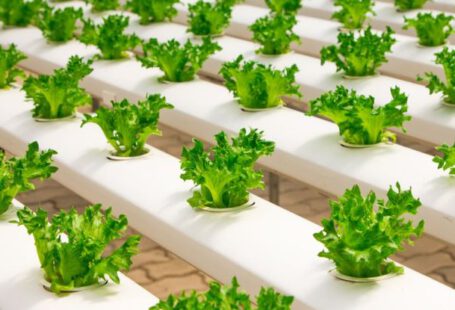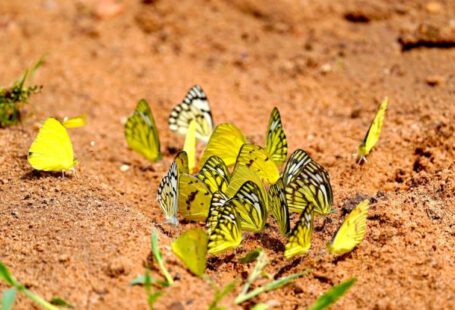Soil Moisture Control: Key to Water Conservation
Water is a precious resource that is essential for all life on Earth. With the increasing challenges of climate change and population growth, the need for effective water conservation strategies has become more critical than ever. One often-overlooked aspect of water conservation is soil moisture control. By understanding the importance of managing soil moisture levels, we can make significant strides in preserving our water resources for future generations.
The Role of Soil Moisture in Water Conservation
Soil moisture refers to the water content present in the soil, which plays a crucial role in supporting plant growth and maintaining ecosystem health. When soil moisture levels are too low, plants struggle to obtain an adequate water supply, leading to wilting, stunted growth, and decreased crop yields. On the other hand, excessive soil moisture can result in waterlogging, which hinders root development and can cause plant diseases.
Optimal soil moisture levels are essential for promoting healthy plant growth and maximizing water use efficiency. By managing soil moisture effectively, we can not only enhance agricultural productivity but also reduce water wastage and protect our natural resources.
Enhancing Water Use Efficiency through Soil Moisture Control
One of the primary benefits of soil moisture control is the improvement of water use efficiency in agricultural practices. By monitoring and adjusting soil moisture levels based on plant needs, farmers can optimize irrigation schedules, reduce water runoff, and minimize water loss through evaporation.
Using technologies such as soil moisture sensors and automated irrigation systems, farmers can ensure that crops receive the right amount of water at the right time. This targeted approach not only conserves water but also promotes healthier root systems and more robust plant growth.
Preventing Soil Erosion and Runoff
In addition to improving water use efficiency, soil moisture control plays a key role in preventing soil erosion and runoff. When soil becomes too dry, it loses its structure and becomes more prone to erosion by wind and water. On the other hand, saturated soil is more susceptible to runoff, which can carry sediment, nutrients, and pollutants into water bodies, leading to water contamination.
By maintaining optimal soil moisture levels, we can preserve soil structure, reduce erosion, and prevent runoff, thereby protecting water quality and promoting sustainable land management practices.
Mitigating the Impact of Drought
Droughts are becoming more frequent and severe in many regions around the world, posing significant challenges to agriculture, ecosystems, and water supplies. Effective soil moisture control can help mitigate the impact of drought by improving the resilience of plants and ecosystems to water stress.
By building up soil moisture reserves during periods of sufficient rainfall and reducing water loss through evaporation, we can buffer the effects of drought and ensure that plants have access to the water they need to survive and thrive. This proactive approach to soil moisture management is essential for adapting to changing climate conditions and building a more sustainable water future.
Preserving Water Resources for Future Generations
In conclusion, soil moisture control is a critical component of water conservation efforts that can have far-reaching benefits for agriculture, ecosystems, and water sustainability. By managing soil moisture levels effectively, we can enhance water use efficiency, prevent soil erosion and runoff, mitigate the impact of drought, and preserve our water resources for future generations.
As we face growing water challenges in the 21st century, investing in soil moisture control measures is essential for ensuring a secure and sustainable water supply for all. By recognizing the importance of soil moisture in water conservation and adopting practices that promote healthy soil-water relationships, we can make a positive impact on the health of our planet and the well-being of future generations.





